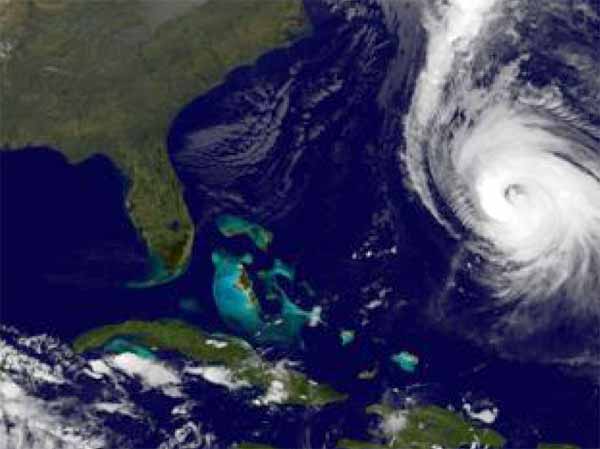By James Wanliss

THE science of global warming is settled. At least, this is what politicians keep insisting. Why should they care? Well, it turns out that global warming has provided a pretext for massive increases in political control over the public. The science of global warming has been used to justify the banning of lightbulbs, shutting down coal-fired power plants, and even a possible sighting of the holy grail: increased taxation without end (to save the planet).
When the story began to break down the narrative changed. Global warming became climate change. Next, as the stall in warming continued (by the end of 2015 over 18 years without warming), climate change morphed again. Since relatively flat lines don’t fit well with the narrative of change, climate change is currently morphing into “climate crisis” and “extreme weather.” Never mind that all observational evidence indicates reduced variability in weather events.
We are now knee deep in the second decade of the twenty-first century, and it wasn’t supposed to be like this. CO2 emissions climb rapidly, and thus, global warming is accelerating wildly out of control. That is what all the computer models predict. We are supposed to see the sea level rise accelerating dangerously, more tornadoes, hurricanes, heat waves. We were not supposed to have any more snow, and experts said the Northwest Passage would be completely open. Indeed, the media, movies, and politicians, including President Obama, all insist that “dangerous” carbon dioxide emissions are causing “unprecedented” global warming, “more extreme” droughts and hurricanes, and so on.
But the worldview motivating these actions is falsified by data. It’s over nine years since a Category three hurricane hit the United States. Tornado frequency is at a multi-decade low. Droughts are shorter and less extreme than during the Dust Bowl and 1950s. Sea ice is back to average. There is no crisis.
The fact is, extreme weather events are less common now than in earlier eras, before global warming became a planetary emergency. But never mind about the data; the science is settled.
I’m reminded of a scientific meeting I attended a couple years ago at which the question was raised about whether solar irradiance variability influences climate.
It was gratifying when several scientists agreed that global warming had stalled and thus falsified computer climate models. Nonetheless, according to Roger-Maurice Bonnet of the International Space Science Institute in Switzerland, human population growth and energy demands were still the cause of global warming.
Other speakers mentioned solar cycle influences, but were careful to add caveats that the present stall is only temporary and soon things will be much worse.
Scientists always need to check their motives at the door. They need to remember the very human tendency to allow emotion to cloud better judgment. We have much to lose. Yet from the lips of Bob Cahalan, IPCC contributor and SORCE project scientist, I heard scorn poured on what he called “climate deniers.” In dinner remarks I learned from him that this is a synonym for “Tea Party followers.”
What is this supposed to mean? No one denies that climate changes has always changed, or that humans might influence climate. It seems to me that what is being pushed is correct political thoughts, rather than truth.
Who can say with certitude whether things will be much hotter in 100 years? The uncertainties and unknowns are enormous. What is clear is that the hijacking of climate science is harmful to science in general.
Instead of becoming more political, scientists could benefit from becoming less dogmatic and more open about the uncertainties inherent in their research. But the political process eschews uncertainty. The science is settled, right? Indeed, organizations like the American Geophysical Union, of which I am a member, insist that scientists must pound the podium, get upset, and use the gravitas of science to get the word out, to agitate for political change.
And what is that word? It is that human produced CO2 is causing dangerous global warming.
Really, what crisis? The science is settled? Hardly.
(James Wanliss, Ph.D., is Professor of Physics at Presbyterian College, Clinton, SC. He is a Senior Fellow and Contributing Writer for The Cornwall Alliance for the Stewardship of Creation, and author of Resisting the Green Dragon: Dominion, Not Death. He has published over 50 peer-reviewed physics articles, has held the NSF CAREER award, and does research in space science and nonlinear dynamical systems under grants from NASA and NSF)






